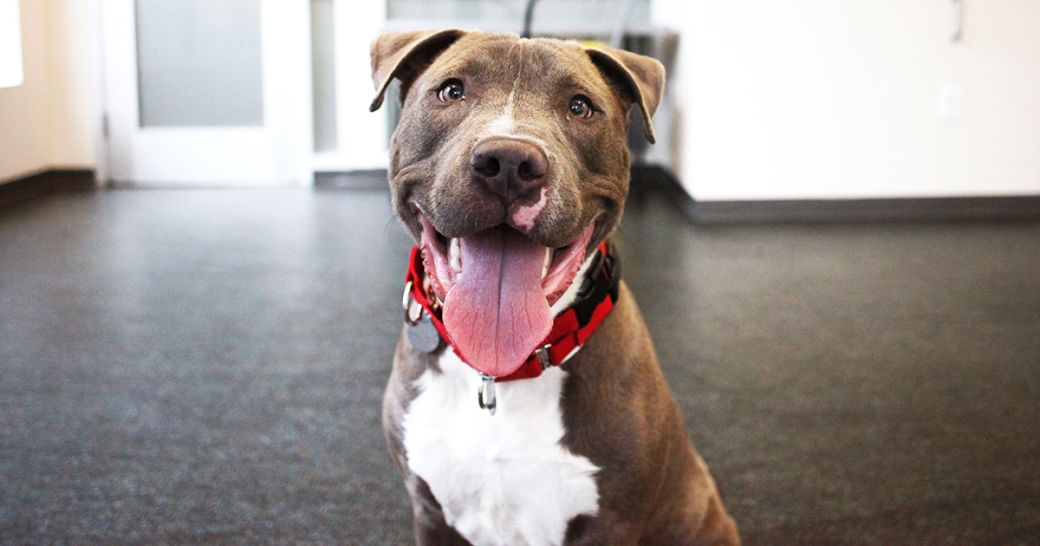
Caring for a pet is one of the most rewarding and meaningful experiences a child can have. It nurtures compassion, responsibility, and a lifelong love for animals. But bringing a pet into your home is also a big decision—especially when kids are involved. From daily care to long-term commitment, every family will need to consider what kind of pet best suits their lifestyle, budget, and energy level.
Whether you’re adopting your first pet or adding a new member to a growing animal family, here are a few helpful tips to guide you in finding the purrr-fect animal companion for your children:
Age Matters
Yes, puppies and kittens are undeniably cute. But they’re also full of energy, require consistent training, and need lots of attention—especially in those early months. If you’re already managing a busy household (and let’s face it, parenting is a full-time job in itself), consider whether a younger animal is truly the right fit.
Older pets often come with established routines, calmer temperaments, and in many cases, basic training. They can be wonderful companions for children, offering affection and loyalty without the chaos of puppy chewing or kitten zoomies. Many shelters have loving senior pets who are simply looking for a soft place to land—and could be just the right match for a family that values a little more calm.
Temperament Over Type
Every pet, just like every child, has their own unique temperament. Before falling in love with a particular breed or species, take some time to consider how your child interacts with animals in general. Do they have a gentle demeanor that would be suited to a more sensitive animal? Are they easily startled by loud barking or constant motion?
A shy child may connect better with a quiet cat or a mellow older dog, while a more active child might thrive alongside a playful puppy or an energetic rabbit. Compatibility is key. Having a pet that meshes well with your child’s personality can lead to a stronger bond and fewer behavioral concerns down the road.
Match Personalities
Think of pet adoption like matchmaking. You’re not just choosing an animal—you’re inviting a new personality into your home. Most reputable rescues and shelters offer opportunities to meet animals before making a commitment. These meet-and-greets are the perfect time to see how your child and the pet interact. Some rescues even offer trial “foster-to-adopt” programs that let you take a pet home temporarily to see how it works out.
Read animal bios carefully, ask volunteers about quirks and habits, and keep an open mind. Sometimes the best companion isn’t the one you thought you wanted—it’s the one who bonds with your child right away.
Be Real About the Cost
From food and grooming to vet bills and pet-sitting, the costs of pet ownership add up quickly. Even small pets like hamsters or guinea pigs need proper housing, food, bedding, and medical care.
Before adopting, sit down as a family and talk through the monthly and annual costs of the type of pet you’re considering. Does your child want to take horseback riding lessons and care for a pony—or are they ready to start small with a fish tank? Ask your veterinarian about the long-term health needs of different animals. Choosing a pet that fits your budget ensures that you can provide everything it needs without financial stress.
Think Long-Term
One of the hardest parts of pet ownership is saying goodbye, whether it’s due to an animal’s natural life span or changes in family circumstances. Some pets, like certain birds or tortoises, can live for decades—others, like hamsters, may only be with you for a couple of years.
Consider your child’s emotional maturity and how they might handle the loss of a pet, as well as what will happen to the animal if your child eventually leaves for college or moves out. Discussing the full life cycle of a pet—and what it means to care for an animal for its entire life—can be an important lesson in responsibility and empathy.
Ready to Adopt? Start Local.
Oregon is home to many wonderful rescues and animal shelters that can help you find the right pet for your family. These organizations do more than just rehome animals—they provide community education, veterinary services, and lifelong support for adopters.
Here are a few trusted options to begin your journey:
- Oregon Humane Society: With locations in Portland and Salem, OHS is the largest animal welfare organization in the Northwest, offering a full range of services including adoption, education, spay/neuter, and urgent care.
- Oregon Dog Rescue: A no-kill, non-profit shelter in Portland dedicated to matching dogs with the best possible homes for long-term success.
- One Tail at a Time – PDX: A foster-based, all-breed rescue that has helped over 1,650 dogs and more. They focus on humane treatment, responsible adoption, and community education.
- Animal Aid of Portland: This nonprofit has been rescuing animals since 1969 and offers individualized care for each animal until they find the right forever home.
- Oregon Reptile & Amphibian Rescue: Not into fur? This organization helps place reptiles, amphibians, birds, and even farm animals into loving homes—and educates the community on their care needs.
Bringing a pet into your family isn’t just about cuddles and cuteness—it’s a chance to teach children about commitment, compassion, and the joy of building a meaningful relationship with another living being. By doing your homework and choosing the right animal for your family, you’re setting the stage for a beautiful friendship that can last for years to come.

Traci Muldoon is a public relations and public affairs professional, U.S. Army Reserves soldier, and part-time volunteer for a kitten rescue. She currently works in a public affairs role overseeing media relations, content development, enhancing community partnerships and developing communication campaigns.
Traci holds a Bachelor of Arts in Public Relations and a minor in English from California State University, Fullerton. She currently lives in Washington County with her significant other and their two cats and dog.
